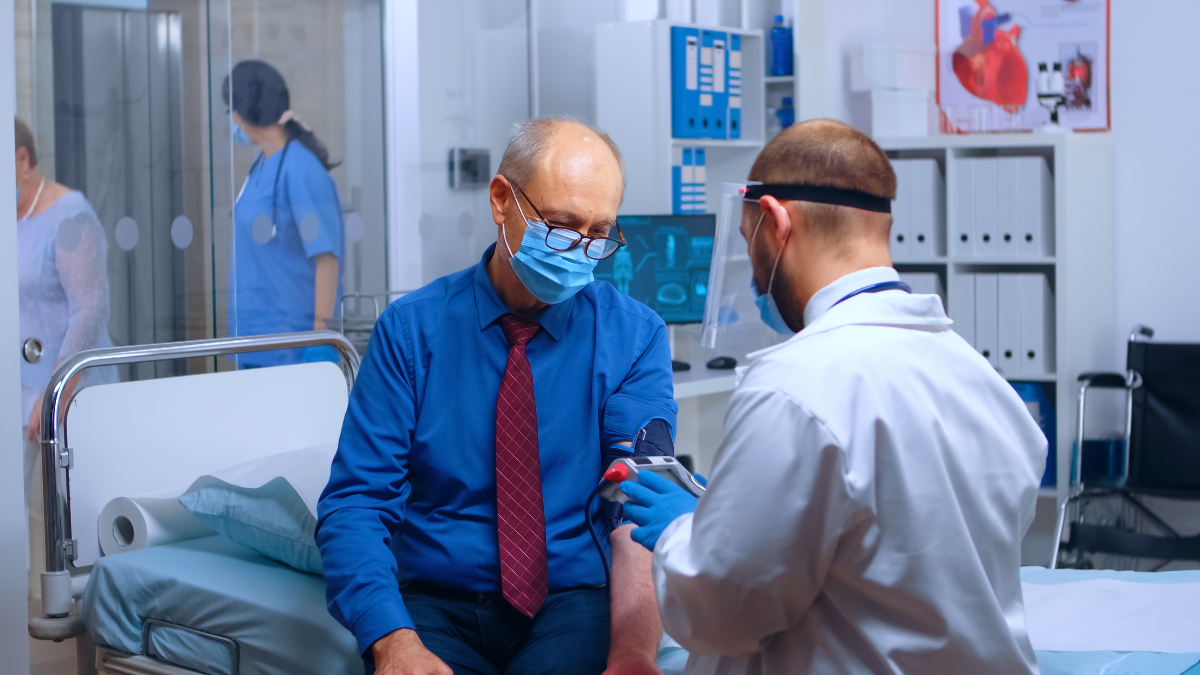Testosterone Replacement Therapy (TRT) is often given to men who have low testosterone. Low testosterone can lead to a man having a low sex drive, erectile dysfunction, and reduced bone mass. If you’re suffering from this, your doctor may suggest TRT, which can provide many benefits. However, as with everything, there are some disadvantages that your doctor will discuss with you, before you make your decision to embark on this type of therapy.
1. Side Effects
As we mentioned in our introduction, there are side effects with most things you take, even with food if you eat or drink things in excess. However, medicine or medical procedures tend to be what people think of when side effects are mentioned. There are several side effects you may get from taking TRT, which, according to https://atlantamensclinic.com, include acne, breast enlargement in men, decreased sperm production in men, difficulty urinating in men, enlarged prostate, male pattern baldness and sleep apnoea. There are more serious symptoms that require emergency medical care, which are chest pain, shortness of breath or difficulty breathing, slurred speech, and weakness in one side of your body.
2. Monitoring your Red Blood Cell Levels and PSA
Before you start TRT, your doctor will do some blood tests to determine your red blood cell levels are what they should be. They’ll do this alongside checking your levels of prostate-specific antigen (PSA), to ensure this protein is also at the right level.
It’s important these blood tests are done so that your doctor is aware of what your red blood cell and PSA levels are at before you start on TRT. This is because it can increase your red blood cells to unhealthy levels.
3. Consider Whether You Want a Family
You’ll also need to consider whether you want to start a family, and whether you can freeze any sperm that you’re able to produce before you start TRT. This is because this therapy can not only reduce your sperm quality, but that of your semen too.
Unfortunately, this can continue for months or even years after you stop using TRT. If you’re planning to have children, you should discuss this with your GP beforehand to see what options are available to you.
4. Don’t Expect Results Overnight
At present, research varies according to when TRT becomes effective, so what works for one man, may not work for another. You’ll need to have patience when embarking on this treatment because it doesn’t work overnight. Just because it’s taking its time to work, doesn’t mean it won’t. TRT is a long-term process, so you have to be prepared to be in it for the long haul.
5. Talk to your Doctor about your Treatment
TRT comes in a variety of forms, including
- Gels, which you need to rub into your body daily.
- Patches, which are easier to apply than gel, but can cause skin rashes.
- Buccal patch, which is used on your upper gum, twice a day, but can also cause irritation or possibly gum disease.
- Injections that are taken 2 to 10 weeks apart, but your testosterone will go down between doses
- Pellets, that are placed under your skin, but require minor surgery for each dose
Discuss the available treatments with your doctor, so you know what type of treatment will work best for you. Think about your lifestyle and whether you would remember to use the gel or patches, for instance.
6. Make Time for Regular Checks
Throughout your treatment, your doctor will expect to see you on a regular basis. This is to ensure that you’re feeling OK, and are not suffering from any adverse side effects. It’s important that you attend every appointment that your doctor makes with you, as this is when he’ll get to determine how your TRT is going.
At the beginning, expect to see your doctor at least every 3 months, so they can check your blood cells and testosterone levels. If everything’s going well, then expect this to extend to every 6 months, if you’re healthy. Even though your doctor will be conducting tests and asking you questions, it’s also an opportunity for you to ask questions too. It’s a good idea to note down your questions as you think of them because chances are you’ll remember things to ask after your appointment, and with the next one being 3 or 6 months away, you may forget what you wanted to ask.
Equipped with the advice in this article, we hope that you’ll be on your way to deciding whether TRT is the treatment for you. If you’re still unsure, seek the advice of a medical professional, like your GP, because they’ll be able to provide you with confidential, impartial advice, based on their expertise. It may also help to talk it over with a loved one or friend. Just remember that it can take time and patience to take effect, so follow the guidance your GP provides you with, if you decide to embark on this TRT journey. You never know, it may be the best decision you make.

